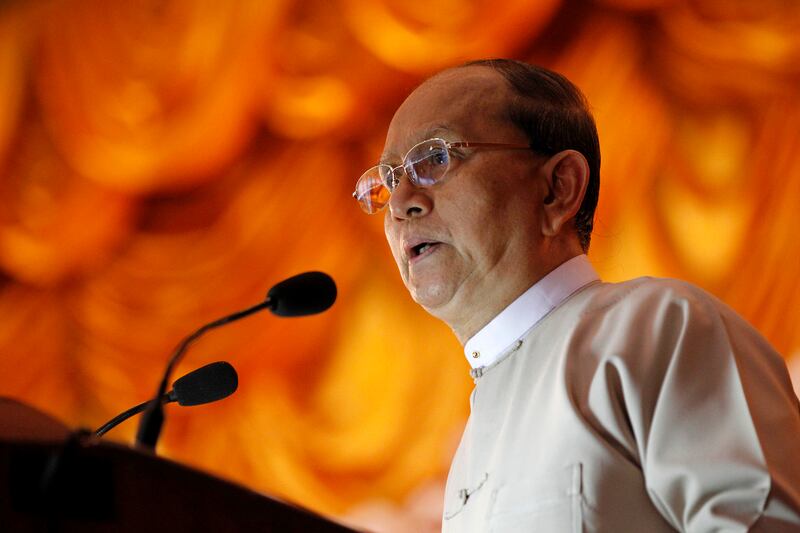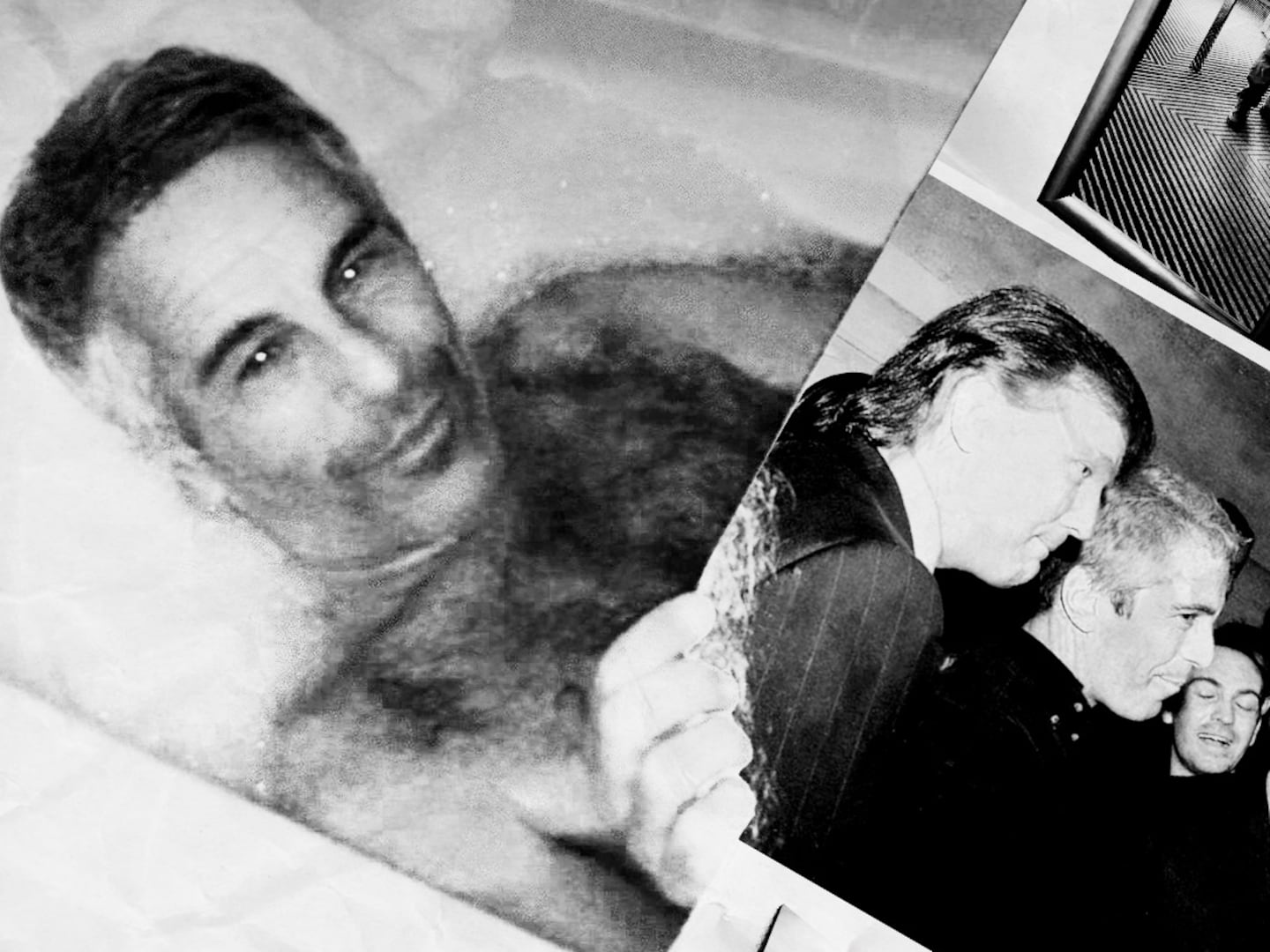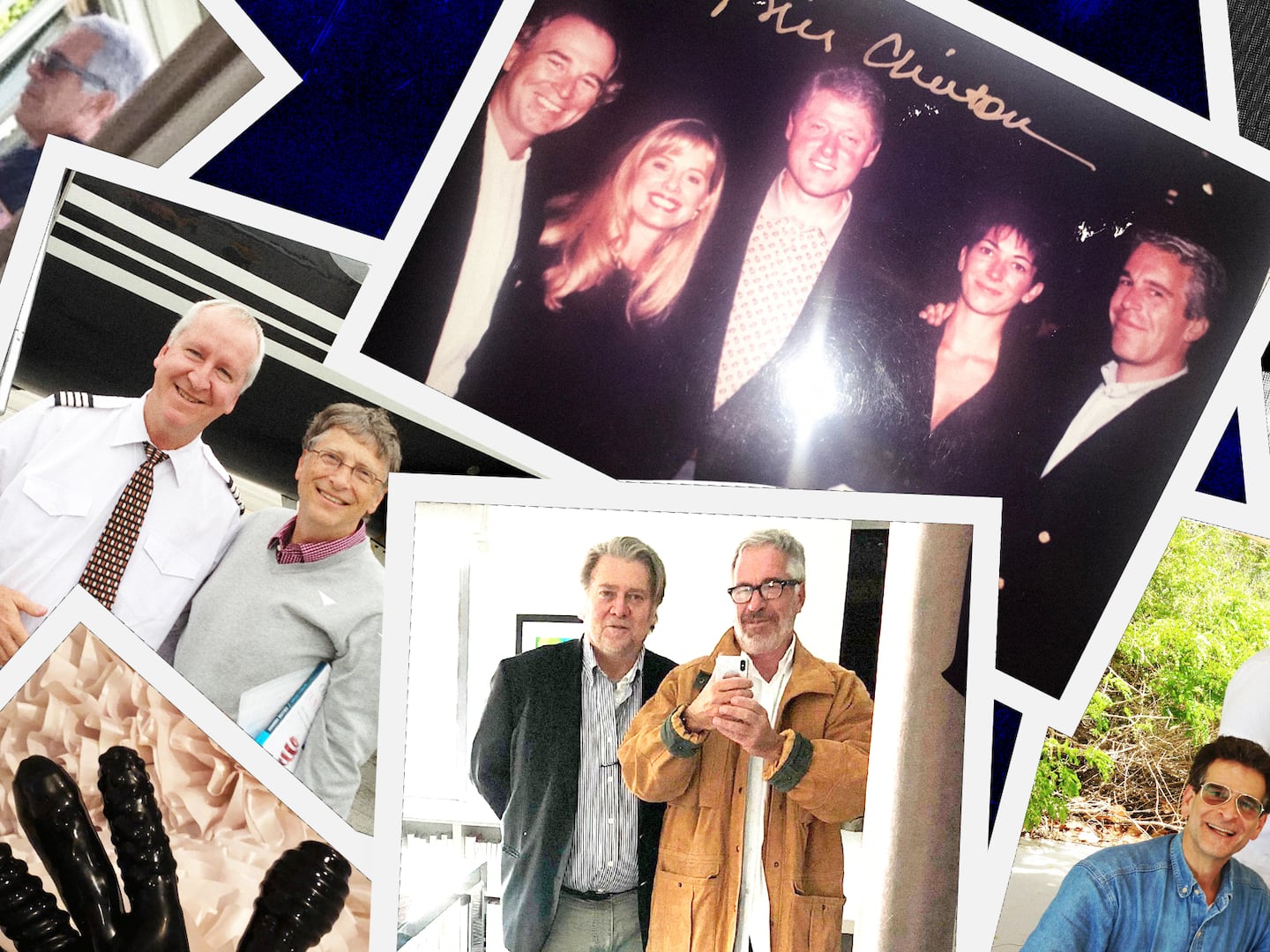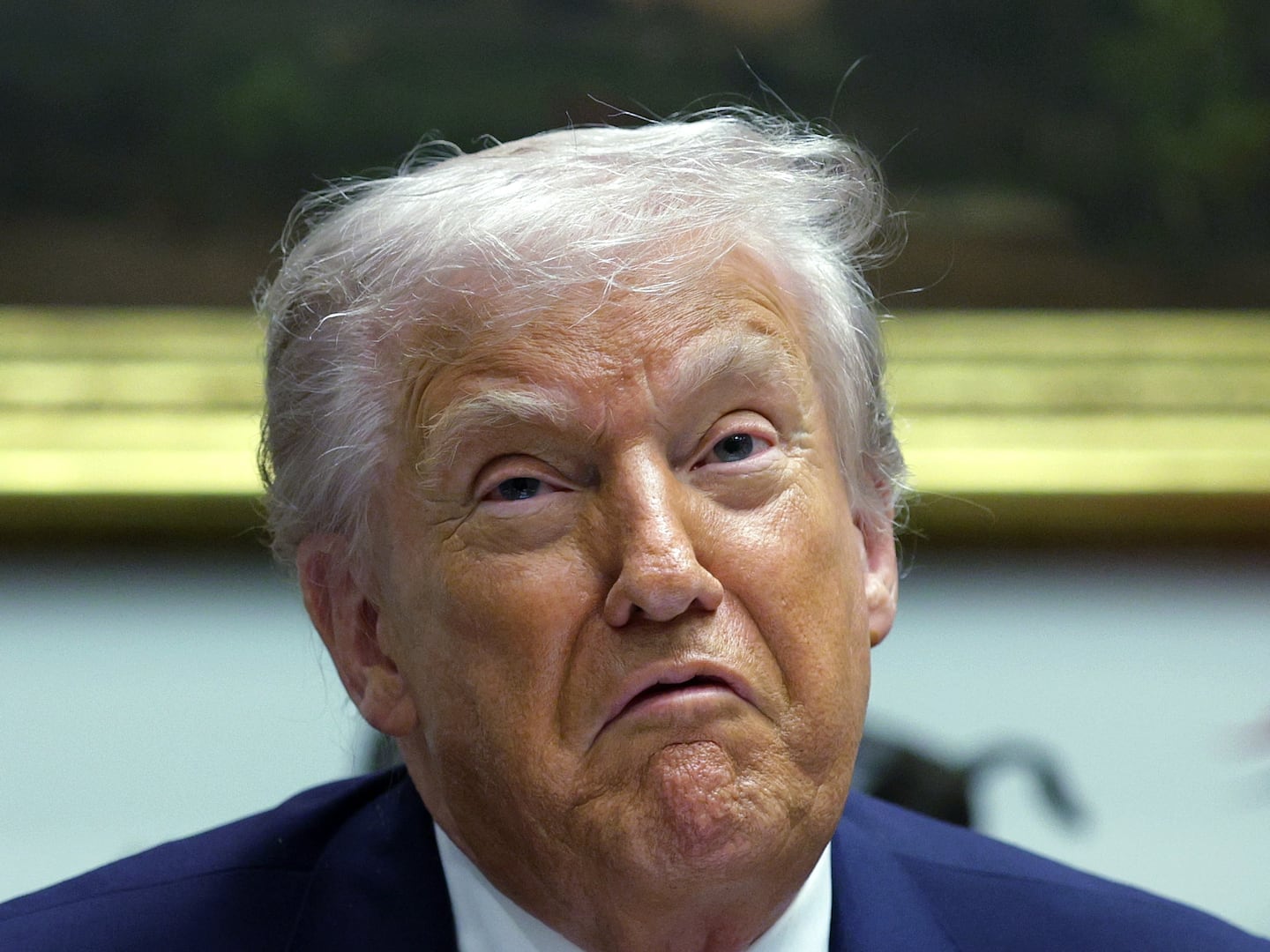RANGOON — A Burmese poet has been arrested for penning a ribald verse which reads, roughly translated, like this:
Image
I have the president’s portrait tattooed on my penis. How disgusted my wife is.
On Thursday morning, just days ahead of a landmark general election, plainclothes police put Maung Saungkha, 23, into an unmarked car and sped away. He had been on the run for four weeks, and now faces up to three years in prison for defamation under Burma’s Telecommunications Law.
The young poet had published the verse on Facebook on Oct. 8, and that very night police came knocking on the door of his house in north Rangoon, but he wasn’t there and went into hiding.
Ahead of Sunday’s election, President Thein Sein is touting his key role in a reform process that has seen the most severe restrictions on free expression lifted. Yet for all his talk of greater openness, it’s obvious the 70-year-old former general can’t take a joke.
The poem, which has the disarming brevity of a haiku, might be dismissed in the West as puerile and vulgar but essentially innocuous. The director of the Burmese president’s office, Zaw Htay, saw it differently, however. He considered it so vile that he thrashed out an angry Facebook retort warning the author to “prepare to take responsibility” for the post.

Even some who are natural allies of the poet found “Image” distasteful: “The language is a little bit foul,” said Zarganar, a popular Burmese comedian and former political prisoner who is widely loved for his anti-regime satires.
Even so, Zarganar told The Daily Beast, “We have to support him… I would like him to be released.”
It is not the first time Facebook posts have landed people in jail for mocking Burma’s military-dominated establishment. Last month peace activist Patrick Kum Jaa Lee was arrested for sharing a post of someone stepping on a picture of the commander-in-chief of the armed forces.
Both detainees join hundreds of activists awaiting trial, and dozens of prisoners of conscience already sentenced. Many were detained in the last year in what Amnesty International has branded an attempt by the government to silence dissent ahead of the election.
Sunday will mark the first time the opposition National League for Democracy (NLD), led by Nobel Peace laureate Aung San Suu Kyi, has contested a nationwide poll in 25 years. Many believe the party will win enough seats to take power despite deep flaws in the election process.
The military, which imposed brutal rule for decades before stepping aside for an administration staffed by former generals in 2011, is guaranteed a quarter of all seats in parliament under a constitution it drafted itself in 2008.
The same charter prevents the enormously popular Suu Kyi from becoming president even if the NLD wins because she has two foreign-citizen sons. (Her late husband was a British historian.) Despite the ban, she told a press conference at her lakeside home in Rangoon on Thursday that she will rule the country and be “above” whoever becomes president if her party secures enough seats.
But the fate of political prisoners after the election remains uncertain. Min Thu Kyaw, a student activist and poetry enthusiast who is friends with Maung Saungkha, said he fears a victorious NLD might still lack the power needed to defy the military and release all political prisoners languishing in the country’s jails.
Despite the grim consequences, Min Thu Kyaw—unlike Zarganar and other older activists—relishes the gleeful tastelessness of his friend’s poem. “People say he is open minded, he loves freedom, poetic freedom,” he said.
While in hiding Maung Saungkha told local media that NLD supporters with tattoos of Suu Kyi were the inspiration for the presidential phallus. “If people have tattoos of those they love on their chests, I wondered where they might put a tattoo of someone they hate,” he told the news website The Irrawaddy.
But he insists that the poem could be directed at any world leader, and is not specifically aimed at Thein Sein. “There is not a single mention of Myanmar in my poem,” he said, using the alternative name for Burma.
Even as Burma’s gulags claim more and more victims, it is difficult not to laugh at the absurdity of the case against Maung Saungkha. Some activists have jokingly speculated that the police might insist on checking the poet’s manhood for Thein Sein’s likeness.
Is it, perhaps, just possible that the erudite young bard might actually have that tattoo, and that his bride is repulsed by it?
“No, no, no!” cries his friend Min Thu Kyaw. “It’s just a poem. He doesn’t have a wife either.”






